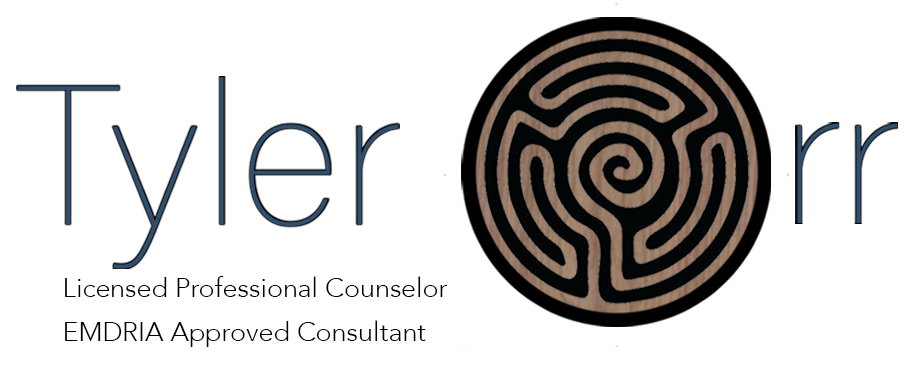Imagine you and I are scientists studying a band of gorillas deep in the jungle. As good scientists, we vow not to intervene or interfere with the animals. We also understand the need to put aside personal beliefs and biases about how gorillas ought to behave, as such presumptions would easily spoil our research. Our task is simply to observe the gorillas—nothing more, nothing less.
Now, picture a fight breaking out between two of the larger males over a banana (assuming that gorillas actually eat bananas). Aggression rapidly spreads through the entire group and a violent brawl ensues. Young and old, male and female alike—it’s a legitimate rumble in the jungle and it’s not a pretty sight.
At this point, would it make any sense if I turned to you and said, “The gorillas are fighting! There must be something wrong with me!” or, “The gorillas are killing each other! I must have done something wrong!”
Go ahead and imagine shooting me a puzzled look because my statements make absolutely no sense in the context of what the gorillas are doing. You know there’s nothing personal about gorillas fighting. That’s just how they sometimes behave. It’s a far cry from reality to assume that their conflict has anything to do with me.
Here’s the problem. It’s easy not to take gorillas personally. When it comes to thoughts, however, we are too easily deceived. Like gorillas, thoughts are sometimes peaceful. Other times they are intrusive and ferocious. Thoughts can behave unpredictably and uncontrollably, but they are never personal. (I explain this further in my blog, “The Loch Ness Monster Story”). When a thought arises in the mind, even if the thought is judgmental, hurtful, or frightening, know that nothing is wrong with you. When a thought comes to mind, it simply means that a thought came to the mind! There is no need to add any more meaning to it. It really is that simple.
You don’t have to be a scientist to see that thoughts, like gorillas, are often destructive, violent, and overpowering. It would be illogical to interfere with an angry mob of gorillas, just as it would be to demand they act more civilized or base your self-worth on their behavior. So why make the same mistake with thoughts? Like a good scientist, your task is simple: observe thoughts as they come and go—nothing more, nothing less, no interference, no intervention. In this way, science is pretty easy.
